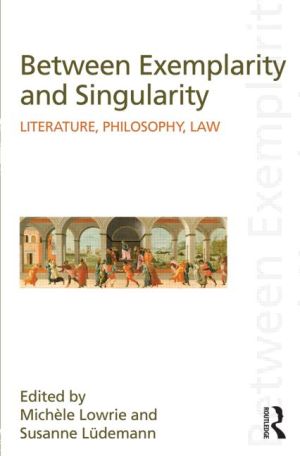
This book identifies and follows a strand in the history of thought – ranging from codified statutes to looser social expectations – that uses particulars, and more specifically examples, to produce norms. Much intellectual history takes ancient Greece as a point of departure. But the strand of thought followed here finds its home, if not its origin, in Rome.
The practice of exemplarity is historically rooted firmly in ancient Roman rhetoric, oratory, literature, and law, genres that also secured its transmission. Their pragmatic approach results in a conceptualization of politics, social organization, philosophy, and the law that is derived from the concrete. And although it is commonly supposed that, with the shift from pre-modern to modern ways of thinking – as modern knowledge came to privilege abstraction over exempla, the general over the particular – exemplarity lost its way, this book traces the limits of this understanding.
Tracing the role of exemplarity from Rome through to its influence on literature, politics, philosophy, psychoanalysis and law, it shows how Roman exemplarity has subsisted, not only as a figure of thought, but also as an alternative way to organize and to transmit knowledge.